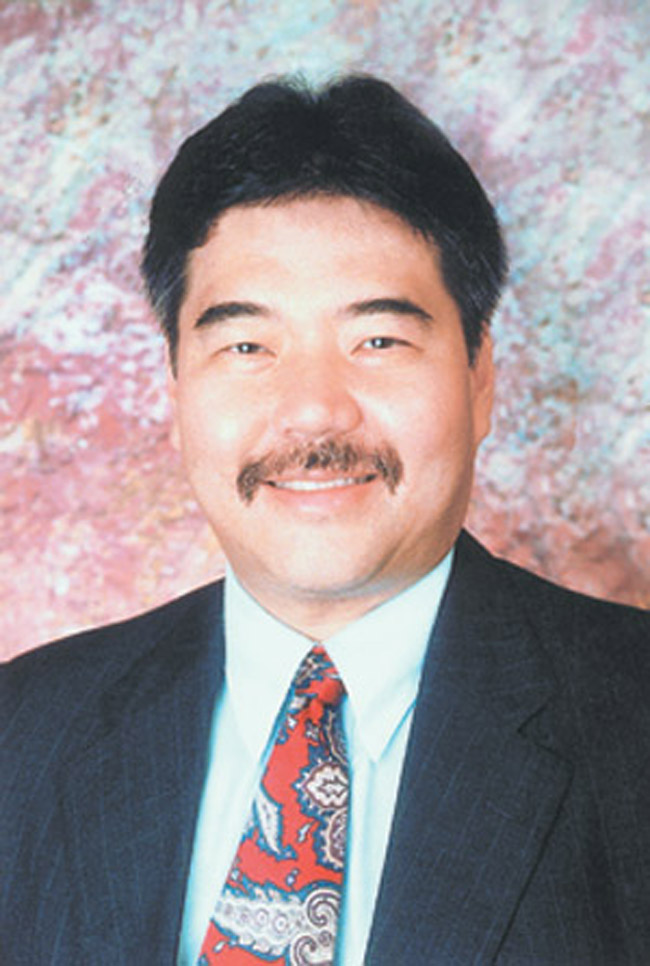Dems Barely Avoid A Messy Convention
Whew! Hawaii’s Democrats almost stepped into their own doo-doo.
It began when State Democratic Party convention planners scheduled incumbent Gov. Neil Abercrombie to speak at their May convention.
Reasonable enough, but they left off the podium Sen. David Ige, a 24-year veteran of the state legislature, the current chair of the Senate Ways and Means Committee, and Abercrombie’s principal opponent in the Aug. 9 Democratic primary.
Ige’s campaign advisers yelled foul. They had a right to. After all, Ige trailed in the Star-Advertiser‘s February Hawaii Poll by a mere 9 percentage points. The same poll showed Abercrombie, in a rematch with Republican Duke Aiona, losing by eight points – all the more reason Democrats might want to hear Ige.
So what? Basic politics mandates that the challenger of a party’s incumbent governor be kept from the convention microphone. Right?
Not in this case. Ige’s smart. He possesses a ton of integrity. He’s a good man. But he wouldn’t know a sound bite if it bit him in the behind. Abercrombie, on the other hand, has built a career on them.
He’s owned oratory at state Democratic conventions for the past quarter century. Neither Dan Inouye’s sonorous voice nor the liberal fire of Patsy Mink could match Abercrombie with a microphone in front of him. He plays a room full of Democrats like no one this state has ever seen. Ige just isn’t in the governor’s rhetorical league.
So the initial decision to keep Ige off the podium, by any measure, was ham-handed – so ham-handed that last week convention planners reversed their decision and allotted Ige five minutes of podium time.
That’s five more than 1st congressional district candidates Ikaika Anderson, Stanley Chang, Will Espero, Donna Mercado Kim, Joey Manahan, Mark Takai, or Kathryn Xian will get. They’re consigned to a meet-and-greet event instead, handshaking but no speaking.
In 2012, an open 2nd Congressional District seat also resulted in half a dozen Democrats seeking the party’s nomination. Party convention planners scheduled a 90-minute panel discussion for the six candidates. It was held in a large room, which delegates and guests packed; there was literally standing room only.
The discussion went well, I thought. To be sure, I moderated it, so my judgment may be clouded. But I came away from the session with a better sense in my own mind about the quality of candidates on the panel.
But two played hooky – the two best-financed candidates in the race, then-Councilwoman Tulsi Gab-bard and former Honolulu Mayor Mufi Hannemann. Somehow or another, they found more pressing business that evening than appearing before an SRO crowd of active Democrats from across the state.
That’s the prerogative of well-financed or poll-leading candidates in American politics; they can choose not to show up, as in: “We’re sorry Councilperson So-and-So can’t take part in your candidates’ forum. He (or she) has a scheduling conflict.”
In an ideal democracy, no candidate who seeks the people’s trust should be allowed to not show up. If there’s been any lesson worth taking from recent presidential elections in the United States, it’s that the more candidates debate, the better for both candidates and voters. They test the candidates’ mettle, and they give voters opportunities to comparative shop.
Oh, and everybody should get time at the podium. More debate and podium time for all take away even the scent of doo-doo.
dbboylan@yahoo.com






